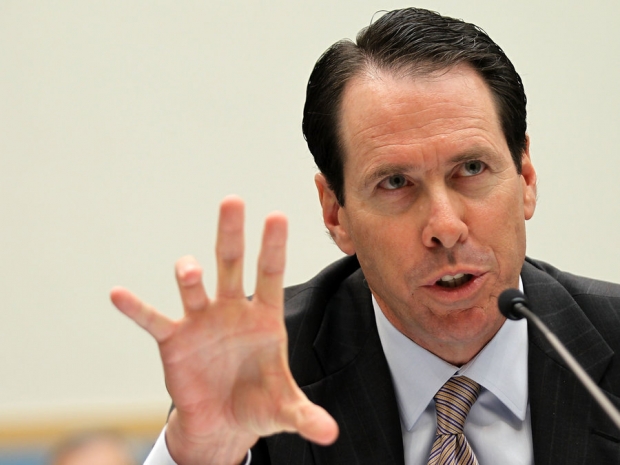New York Governor Andrew Cuomo signed an executive order requiring that state agencies purchase Internet access only from broadband providers that abide by net neutrality.
The prospect of having to comply with perhaps dozens of state-level net neutrality rules is a nightmare for Internet providers. The FCC has said it will take states to court if they seek to circumvent its decision, but this is no guarantee, and the Telcos are worried about it and are leaning on the Senate.
In a series of full-page ads in major newspapers such as The Washington Post and the New York Times, AT&T chief executive Randall Stephenson proposed an “Internet Bill of Rights” that could help guarantee an open internet, one in which online content is not blocked or slowed down by telecom or cable companies, nor by Internet companies such as Google or Facebook.
While this might be seen as a good thing, cynics think that it is AT&T heading off another swing of the regulatory pendulum against them. Despite taking vast amounts of money from the Telcos for their election campaigns, Republicans are starting to realise that they are losing support by taking away net neutrality from punters.
Some states are drafting net neutrality laws which could be harder for the Telcos to manage, and they want those moves banned.
Stephenson said his company already supports net neutrality in principle, despite AT&T's strong opposition to the Obama-era net neutrality rules that were put in place in 2015. “We don’t block websites. We don’t censor online content. And we don’t throttle, discriminate or degrade network performance based on content. Period.”
We think the issue is not the word “period”, but the fact it is too easy to replace the world with “yet”. One also has to question why the telcos spend so much time and money undoing the regulations if they didn’t intend to kill off net-neutrality.
The Senate is expected to vote this year on legislation aimed at overruling the FCC's repeal. Backed by all 49 Democratic senators and one Republican — Sen. Susan Collins of Maine — the Senate resolution would prevent the FCC vote from taking effect. It faces long odds because it is unlikely to make it past the Republican-led House or President Trump's desk.




